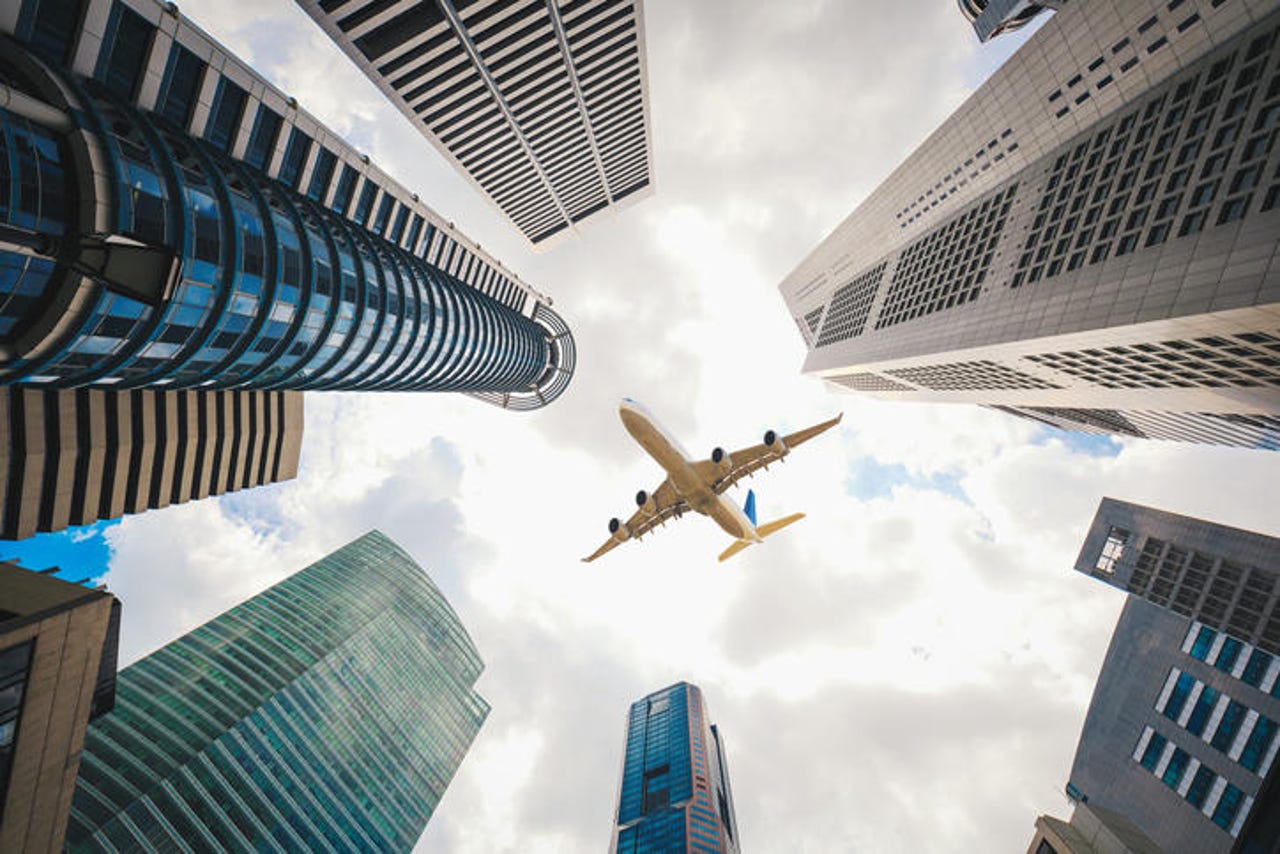































 Image: Getty Images
Image: Getty Images Australia's Trade Minister Dan Tehan has said fully vaccinated Australians will be able to travel outbound without any limitations by Christmas.
"[Australia's] vaccination certification QR code system has been sent to all our overseas embassies so we can begin that engagement with overseas posts and overseas countries on making sure that they will be interoperable," Tehan said during his address at the National Press Club.
"There seems to be interoperability with most of the countries that we've been dealing with, so we continue to do all that preparatory work so that when those international borders open ... hopefully at the latest by Christmas, Australians will be able to travel with a QR code linked to their passport, which will be able to show proof of vaccination."
He noted, however, that the ability for Australians to travel overseas without quarantine would be dependent on the requirements put in place in other countries.
Addressing overseas quarantine for Australians, he said the federal government has started work on making more travel bubble arrangements, like the one it has with New Zealand, with other countries. Australian Prime Minister Scott Morrison said in July he was in talks with Singapore to implement quarantine-free travel bubble.
The Australia-New Zealand travel bubble is currently suspended due to the lockdown situation across numerous states in Australia.
During his address, Tehan said Australia has not crossed out the possibility for China to join the Comprehensive and Progressive Agreement for Trans-Pacific Partnership (CPTPP) so long as it was confident the latter nation could abide by the trade pact's rules and standards.
"All parties will want to be confident that any new member will meet, implement, and adhere to the high standards of the agreement as well as to their WTO commitments and their existing trade agreements, because it's in everyone's interests that everyone plays by the rules," he said.
To reach that level of confidence, he said China would need to reopen dialogue on a minister-to-minister level. He claimed his Chinese counterpart has not responded to a letter he wrote in January asking how the two nations could work together.
Tehan pointed to UK's current bid to enter into the CPTPP as an example, which he said has entailed negotiating an Australia-UK bilateral free trade agreement. In making that point, however, he clarified that this was not a condition but rather just the "practical reality of an accession process".
"We want a constructive relationship with China and we remain open to sitting down and working through our differences. While there are clearly challenges in our relationship that shouldn't overshadow the strong mutual interests in the bilateral trade and investment relationship," he said.
Chinese Commerce Minister Wang Wentao submitted the country's application to join the CPTPP last week.
Tensions between Australia and China have been on the rise since 2018, when Australia publicly banned Huawei from its 5G network. Last year, Australian Prime Minister Scott Morrison did almost everything but name China as the actor responsible for cyber attacks that targeted all levels of government in Australia, as well as the private sector.
More recently, Australia established the AUKUS security pact with the UK and US, which is aimed at addressing defence and security concerns posed by China within the Indo-Pacific region.
By establishing AUKUS, however, Australia has received strong backlash from France, resulting in the Australian federal government' scrapping a AU$90 billion submarine deal with French company Naval Group.
Addressing the backlash from France and the lack of notice behind the decision, Tehan said "it was the only way" to cement the AUKUS partnership, which he said would give Australia access to nuclear-propelled submarines, advanced cyber technology, AI, and advanced missiles technology.
"Australia understands France's deep disappointment with the decision on submarines. But ultimately any nation must act in its national interest -- which is what we have done," he said during his speech.
Current members of the CPTPP include Australia, Brunei, Canada, Chile, Japan, Malaysia, Mexico, New Zealand, Peru, Singapore, and Vietnam.
The United Kingdom submitted a formal request to join the CPTPP earlier this year, and a working group for its accession has been established.
 Tags chauds:
affaires
Technologie & travail
Tags chauds:
affaires
Technologie & travail